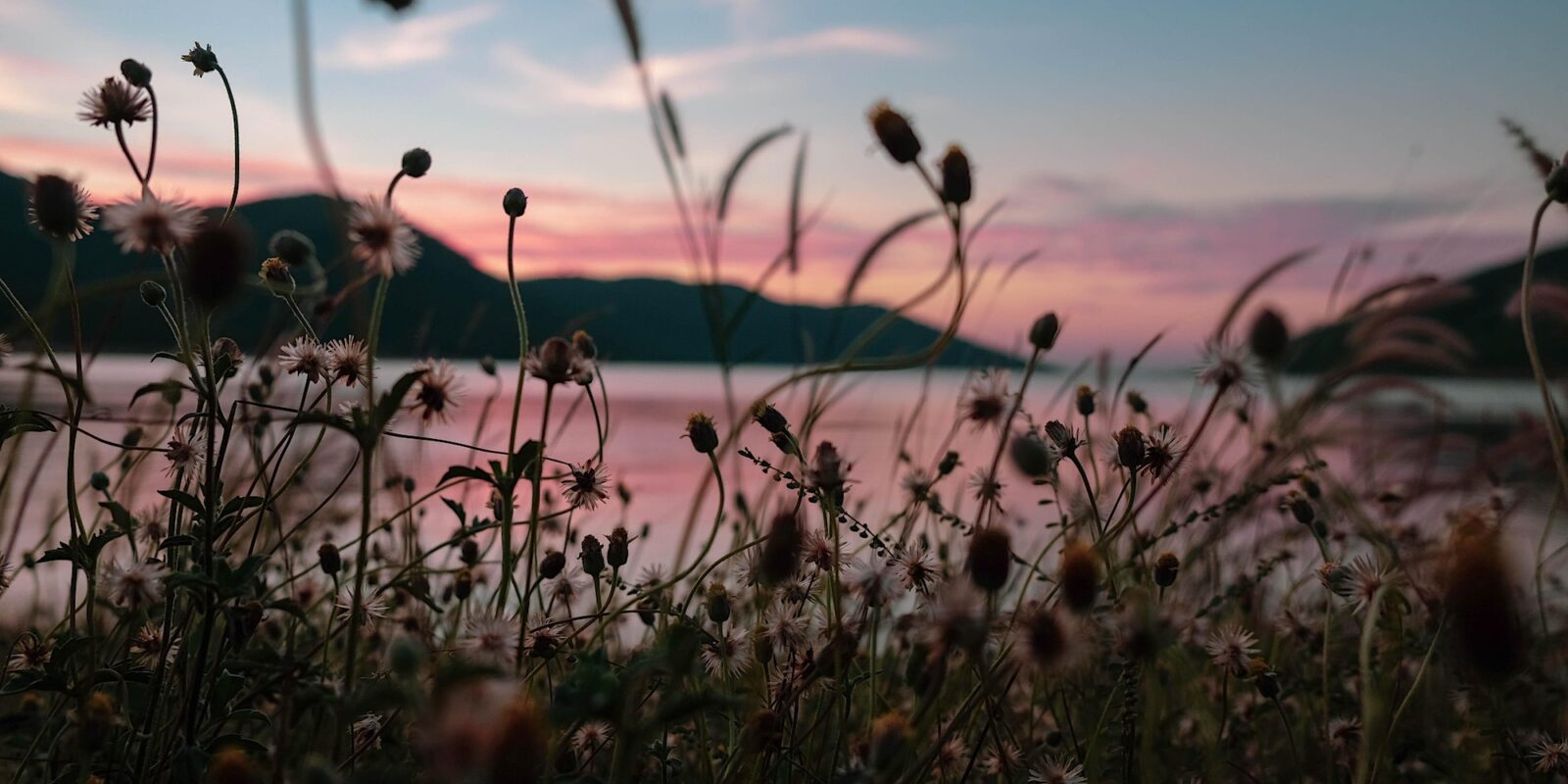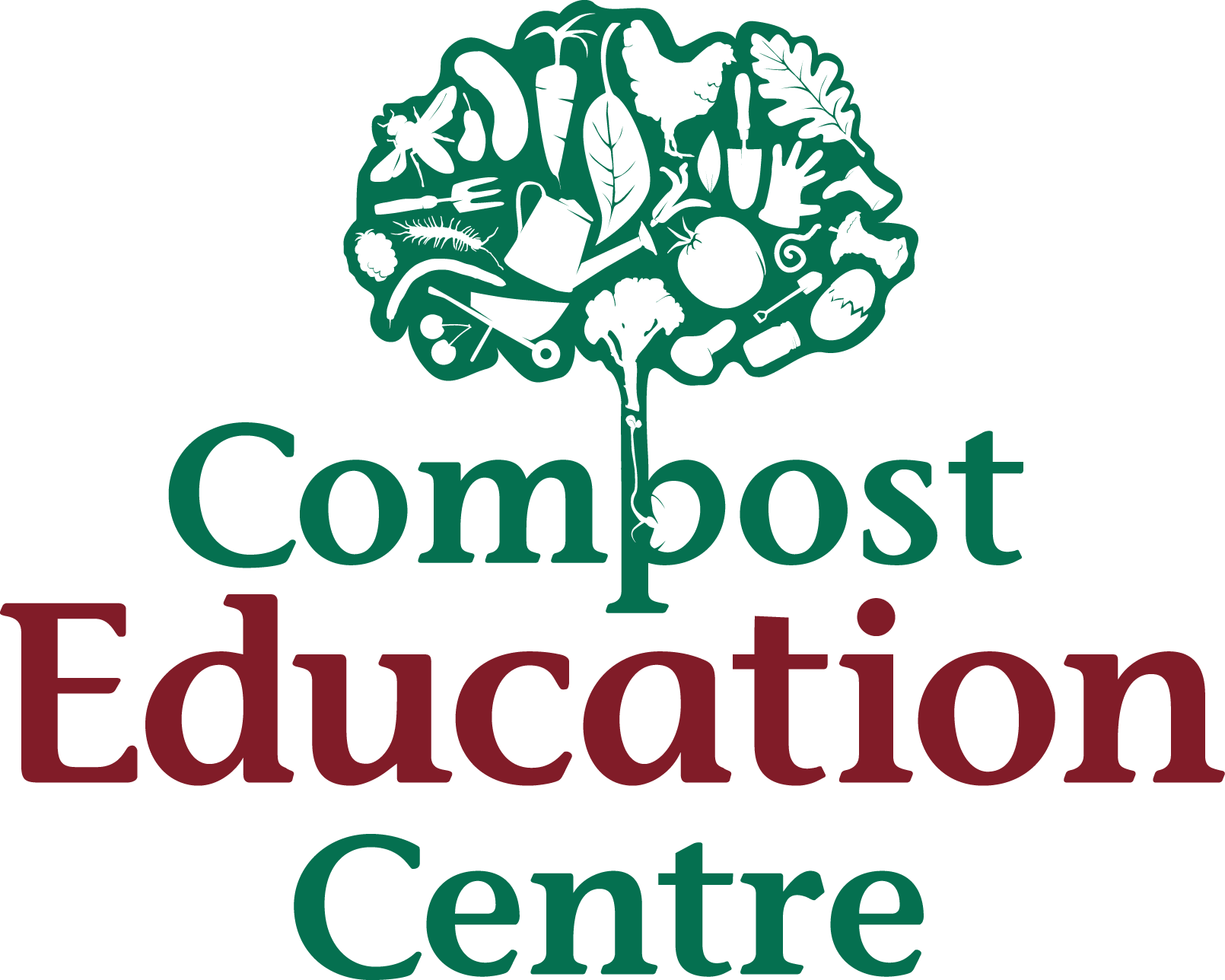
- This event has passed.
Remembering the Twilight
November 18, 2023 @ 1:00 pm – 3:00 pm

How do we tend to this threshold into the darkening days and as the world around us gets ready for winter’s long sleep? How might we tune into our deep imagination as an inner resource as we court the archetype of twilight and our inner creative muse? How might we turn towards our own roots and sense of groundedness, as we follow the earthwards pull of energy in the living world around us? In this 2-hour workshop for adult gardeners, we create a space that engages our imagination, our bodies, our communities, our Earth through reciprocal rituals to honour our interconnectedness with this animate world. We will weave ourselves into a story in which we fully belong to a world that is enchanted, mythical, magical, and alive. This through the power of our deep imagination; myth, poetry & fairytales; land offerings & contemplative nature-based practices; and, simple rituals of remembering.
Instructor Bio: Brooke Arnold-Rochette of Fire and Honey: As a certified life-cycle celebrant and trained inner wilderness guide (nature-based personal development), I’ve made my passion my work. With over a decade of experiential training in transpersonal psychology and ecopsychology, I have been using earth-based ritual as a way of coming into relationship with our soulful self and the wild world. Having trained as a storyteller and creative writer, story-tracking and the creation of empowering narrative are at the heart of my approach. Every day, I seek to fall in love with the world at my fingertips, and to embrace poet Jalal al-Din Rumi’s invitation to “let the beauty we love be what
______________________________________________
This workshop is happening in person only. Any health and safety protocols will be emailed to you 24 hours in advance. Please dress appropriately for all types of weather, the workshop may be outside or in our unheated strawbale building.
______________________________________________
Only current members in good standing are eligible to use the free ticket option as a part of their member benefits package.
There are a limited number of Pay What You Can tickets available for folks who self-identify as Black, Indigenous, and People of Colour (BIPOC), and people who are facing significant financial barriers to their involvement in our programming. The Compost Education Centre is continually in the process of examining the ways in which our program accessibility can be improved for all members of our community. This ticket gesture is by no means a fulsome examination of the systems of oppression that exist for people inside and outside of our community. We welcome your ideas and feedback.
You must pre-register for this event.
Customers can request a refund within 30 days of ticket purchase. After 30 days refunds and workshop exchanges are not permitted due to administrative staffing capacity. Please be in touch if you are no longer able to attend but hold a ticket so we can make your space available to someone else.
You can also register for the event by calling our office at 250 386 9676 or via email by contacting office@compost.bc.ca
_______________________________________________
Accessibility info: The Compost Education Centre site has paths made of stone gravel (20%), and wood chips (80%). Mobility devices with wheels (such as wheelchairs, walkers etc.) are sometimes difficult to use on site, especially on the gravel paths. The strawbale learning classroom is accessed via a wooden ramp and has a wide double door and a ramp leading up to it. Once inside everything is flat.
There is a single-stall gender neutral washroom on site. The washroom is not wheelchair accessible and has a small step up from the gravel pathway, and another small step up from the washroom boardwalk.
________________________
The Compost Education Centre is located on unceeded and occupied Indigenous territories, the land of the Lekwungen people— specifically the Esquimalt and Songhees Nations. These nations are two of many, made up of individuals who have lived within the porous boundaries of what is considered Coast Salish, Nuu-Chah-Nulth and Kwakwa’wakw Territory (Vancouver Island) since time immemorial. At the CEC we seek to respect, honour and continually grow our own understandings of Indigenous rights and history, and to fulfill our responsibilities as settlers, who live and work directly with the land and its complex, vital ecologies and our diverse, evolving communities.
